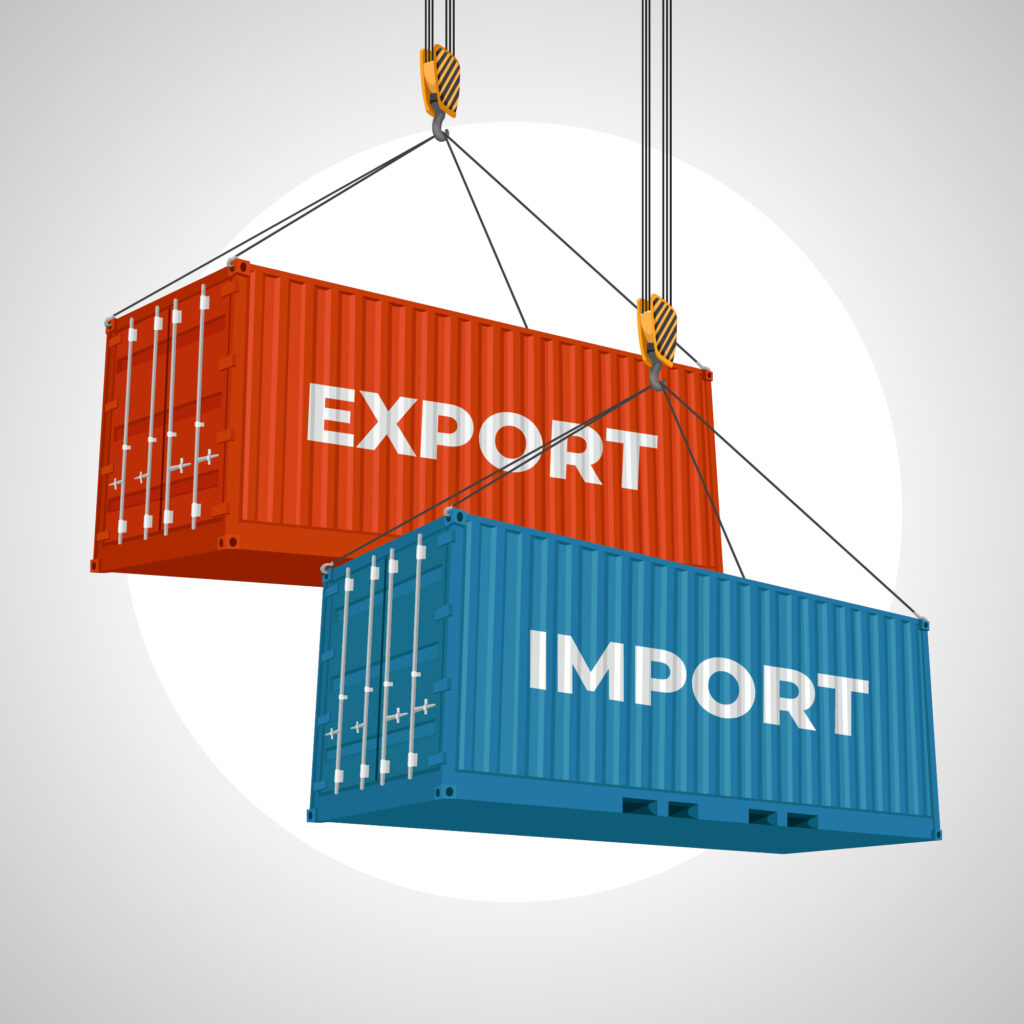Starting an import-export business in India requires proper legal structuring and registration to ensure smooth international trade. In this guide, we walk you through how to register a company for an import-export business, including the process, documents, and regulatory compliance.
Why Registering Your Import-Export Business is Important
Company registration in India is the first step toward establishing a legal identity for your business. Whether you plan to export textiles, import electronics, or trade across borders, a registered entity helps in building trust, securing bank accounts, and applying for licenses like the Import Export Code (IEC).
Step-by-Step Guide to Registering a Company for Import-Export Business
1. Decide the Business Structure
Choose a suitable structure depending on your scale and objectives. Common business structures include:
- Proprietorship
- Partnership Firm
- Limited Liability Partnership (LLP)
- Private Limited Company
For international trading, Private Limited Company is often preferred due to better credibility and ease of obtaining licenses.
2. Apply for Company Registration under MCA
Company registration must be done through the Ministry of Corporate Affairs (MCA) portal. This is known as mca company registration, which includes:
Documents Required:
- Director’s PAN & Aadhaar
- Address proof of business
- Passport-size photographs
- Digital Signature Certificate (DSC)
- Director Identification Number (DIN)
Steps to Register:
- Get DSC and DIN
- Apply for name approval via SPICe+ Part A
- Fill SPICe+ Part B for incorporation details
- Upload documents and submit
- Receive Certificate of Incorporation (COI)
This process is fully digital and is part of the online company registration in india system.
3. Apply for PAN, TAN, and Open a Bank Account
Once the company is incorporated:
- Apply for the company PAN and TAN
- Open a current account in the company’s name
- Ensure the account is in an AD Category I bank for forex transactions
4. Obtain Import Export Code (IEC)
The IEC code is mandatory to start import-export activities.
How to Apply:
- Register on the DGFT portal
- Fill out the IEC application
- Upload company PAN, address proof, and bank certificate
- Pay the required fee
- Get the IEC within 1-3 days
Compliance and Tax Registration
GST Registration
Import-export companies must register for Goods and Services Tax (GST). This is essential for claiming input tax credit and trading legally within India.
Additional Licenses
Depending on your industry, you may also need:
- FSSAI License (for food)
- BIS Certification (for electronics)
- APEDA (for agricultural exports)
Benefits of Registering Your Import-Export Company
- Builds credibility with international buyers and sellers
- Enables access to foreign exchange facilities
- Required for applying for trade incentives under DGFT
- Helps secure business loans and trade finance
Conclusion
Registering your company is the foundation of a successful import-export business. With the right structure and legal setup through company registration in India, you ensure regulatory compliance and long-term business stability. Thanks to online company registration in India, the process has become faster and more transparent. Make sure you complete your mca company registration and obtain all necessary licenses before starting international trade.

